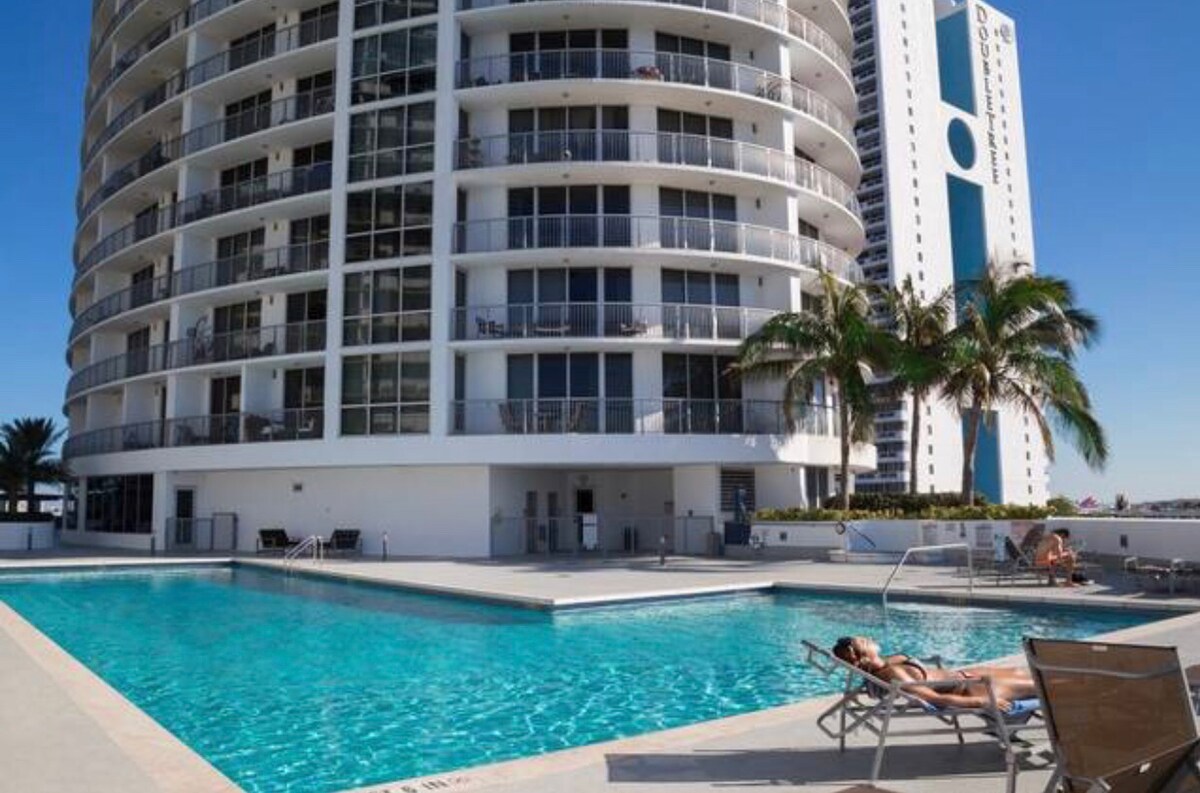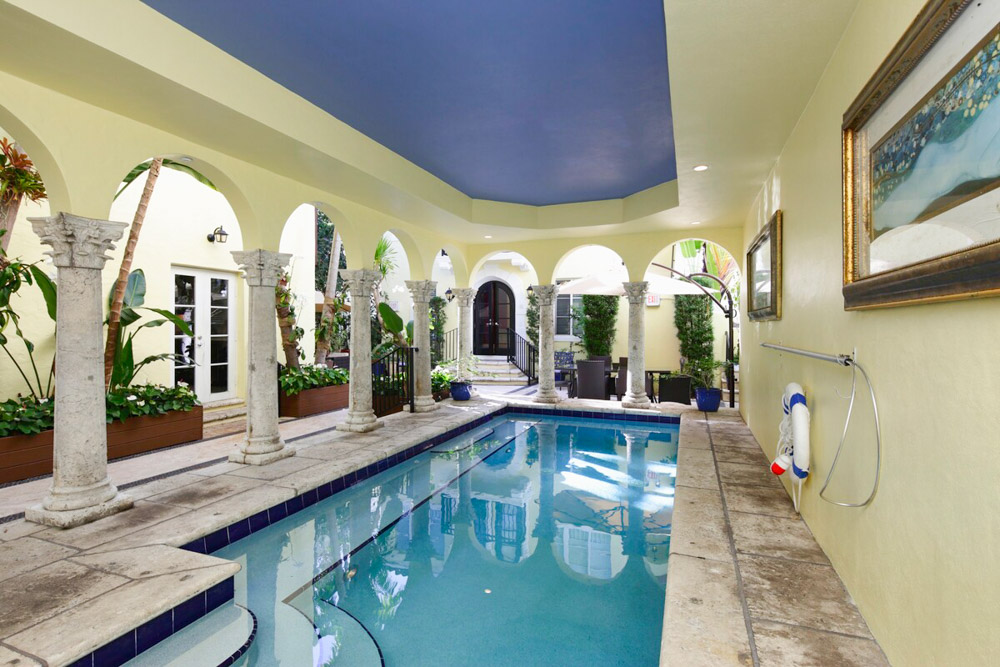
The ban is also affecting commercial sales. “Who wants to buy a vacation home they cannot rent out seasonally?” “The reality is that most of the Miami Beach housing stock is second and third homes,” Bozovic said. To support that assertion, Bozovic compared sales volume transactions and the number of listings from 2015 - before the city ramped up enforcement against short-term rentals - and subsequent years. But experts said the ban is compounding the problem.Īna Bozovic, a broker who owns real estate data firm Analytics Miami, said areas where short-term rentals proliferated, such as the Flamingo Park Historic District and Sunset Islands, have been adversely affected by Miami Beach’s ban. Of course, overall Miami Beach sales have been on a downward slide since 2016 due to natural market forces. “I have seen a devaluation over the last two, three years.”Īnecdotal evidence coupled with two years’ worth of downward sales trends in Sunset Islands and other neighborhoods where short-term rentals once flourished further indicate that the ban has been detrimental to the city’s single-family home and condo market under $5 million. “Lots in Sunset Islands and the Venetian Islands have been impacted,” Carmenate said. “It’s happening with the small condos and the homes where people have other homes and can move out for a period of time in order to rent,” said EWM Realty International senior vice president Nelson Gonzalez.Įloy Carmenate, a broker associate with Douglas Elliman, echoed Gonzalez’s sentiment that the ban is influencing sales of properties $5 million and under. Other Sunset Islands property owners and brokers who work in Miami Beach believe the city’s actions aimed at punishing short-term rental operators are scaring off investors hoping to cash in on Miami-Dade County’s hottest tourist market by entering the booming cottage industry of home-sharing via applications such as Airbnb

And it’s because of the city’s ban on short-term rentals.” “The best offers are coming in $200,000 less than the average offers I was getting in 2015. “Prices aren’t holding up anymore,” Nichols said. She added that homes like hers are also losing value. Since then, Miami Beach has enacted heftier penalties for violating the law.Īs a result, houses and condos in neighborhoods where short-term rentals are banned are getting harder and harder to sell, as investors seeking to make more lucrative profits offered by nightly and weekly rentals focus on areas of the city that allow the practice, Nichols claimed. The hotel industry also launched a political campaign pressuring city officials to further regulate home-sharing hosts and the technology companies that enabled their side businesses.

Airbnb miami beach code#
As more owners rented properties to home-sharing guests, complaints about noise and rowdy parties from neighbors led to more code enforcement calls to fine violators. Yet the cottage industry remained largely under the radar until the advent of home-sharing applications such as Airbnb and VRBO led to a surge in short-term rentals in Miami Beach. Miami Beach first banned short-term rentals throughout most of the city in 2010 and instituted the $1,000 fine for each violation. If an owner is busted a second, third or fourth time, the fines can jump to $100,000 a pop. Three years ago, the City Commission increased that monetary punishment from $1,000 for each violation to $20,000 for just the first offense. The new fines are in addition to the initial penalty for getting caught operating an illegal short-term rental in Miami Beach.

In September, the City Commission enacted new fines of $5,000, $7,500 and $10,000 for home-sharing hosts who fail to submit affidavits attesting that their properties are in zones where short-term rentals are allowed, fail to register their properties with the city and fail to obtain a business tax receipt number that they must display in their online listings.


 0 kommentar(er)
0 kommentar(er)
